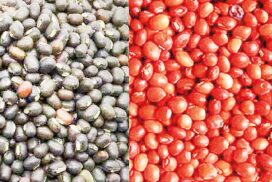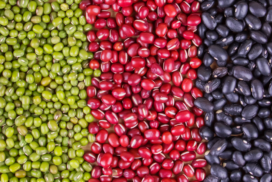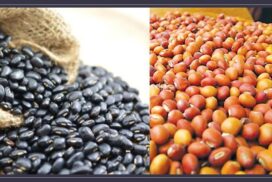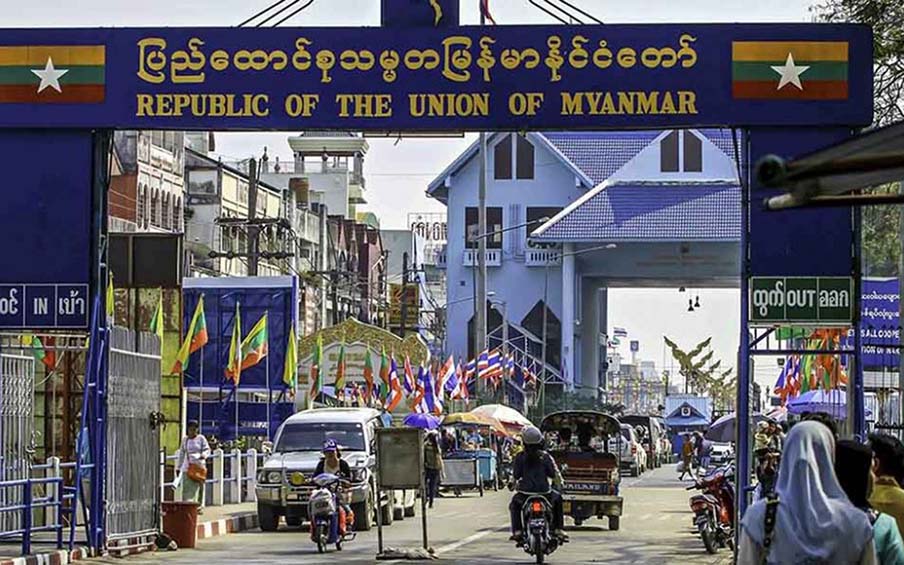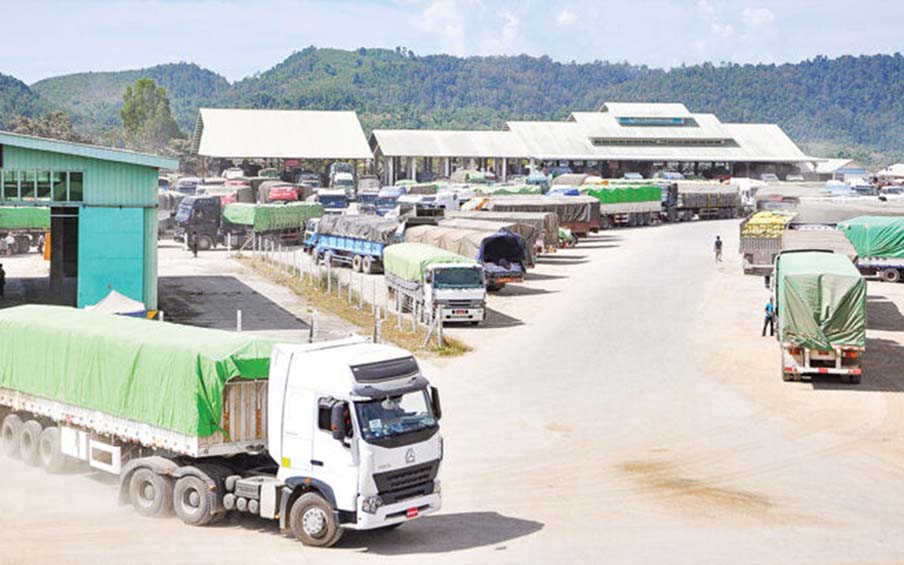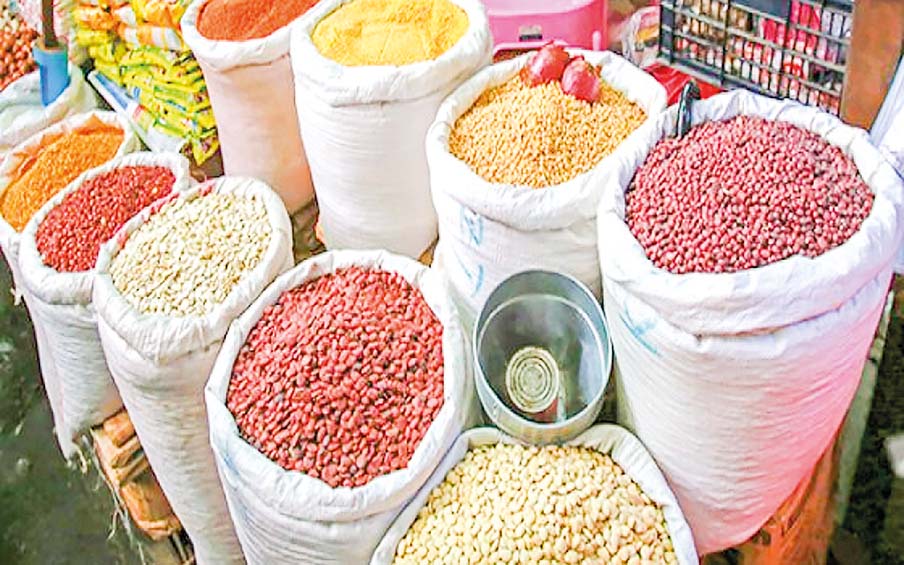The cost of black gram (urad) plunged by over K50,000-70,000 per tonne in three months. The demand has dried up, as per Yangon Region Chamber of Commerce and Industry (Bayintnaung Wholesale Centre)’s data issued on 21 April 2021.
The black gram (fair average quality and special quality) was worth K967,500-11.57 million per tonne in early February. It was set low at K950,000-1,077,500 per tonne on 21 April, Bayintnaung Wholesale Centre’s statistics showed. The price of black gram (urad) does not rise as expected regardless of the Indian purchase agreement.
The reduction of currency in circulation amid the restriction of private banks and the political changes is a contributing factor to a moderate price. India has notified the annual quota of black gram (400,000 tonnes) imports for its financial year 2021-2022, which will start on 1 April, traders said.
India will grant the licence to their companies. However, the exports of the black gram will take time during the meantime, said an official from Myanmar Pulses, Beans and Sesame Seeds Merchants Association. At present, the domestic bean market is positively related to the law of supply and demand. The black gram price usually depends on the buyers and sellers in the domestic market. Bayintnaung wholesale centre, a primary market for exports via maritime trade, stopped on 11 February and restarted on 21 April.
Since early February, the local private banks have shut down, disrupting banking. Consequently, the export companies are buying less in the domestic market.
Additionally, sea trade and border trade dropped amid the coronavirus impacts and political instability. The neighbouring countries tightened the border security and limited the trading time to contain the spread of the virus. For maritime trade, disruption in the logistic sector, some ocean liners’ suspension, and the pandemic-induced container shortage somehow scaled-down the maritime trade. Since 2017, India has been setting import quota on beans, including black bean and pigeon peas. Therefore, the growers face difficulties to export their beans to the Indian market.
Myanmar has to export black bean and pigeon pea under a quota system and limit period. Consequently, there is no guarantee that we could get the prevailing market price next year, the market observers shared their opinions. Following the uncertainty in black bean and pigeon pea markets, the association suggested, in October-end 2020, that the growers cultivate black-eyed bean more. —KK/GNLM
Black gram price down by over K50,000 per tonne in three months
- April 24, 2021
- 674


